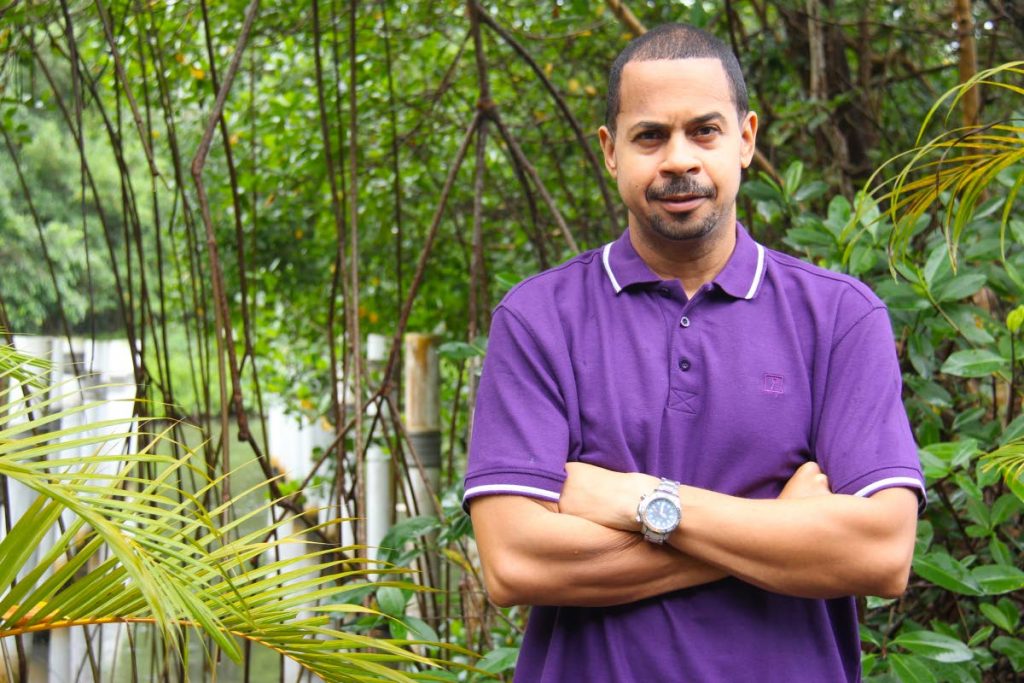The impact of short-sighted planning on our health

WHEN I was a student in Canada, I walked to school on most occasions and, indeed, clear across the city of Ottawa. There wasn't always room in the “budget” for a monthly bus pass, but the layout of Ottawa is such that you can safely walk considerable distances.
There was a path along the Rideau Canal straight to my destination with a system of what I recall as interconnected footpaths joined at different points by pocket-sized parks. These weren't recreation grounds, but actual nature parks with proper trees and shrubbery. During winter that stroll turned into a bit of a death march, but not impossible.
There is compelling research that suggests being in nature yields physical and mental health benefits. In Japan, the practice of forest-bathing is linked to well-balanced heart health, better nervous system function, and reduced bowel disorders.
This isn't literally bathing in the forest, but allowing natural energies of the environment to wash over you. Spending time in nature is also said to significantly lift the moods of those stricken with depression.
In his book Last Child in the Woods, author Richard Louv describes “nature-deficit disorder” – the loss of connection between humans and their natural environment. Modern life has played a considerable role in severing that connection. Greater work demands limit the time for getting outdoors.
A higher tax on our time, compounded by unhealthy eating, takes many citizens along a predictable path to chronic illness and mental strain.
Some compensate by incorporating physical fitness into already crammed routines. Regular exercise can be a good thing, but it doesn't always meet a more basic need for communing with our environment – just being outdoors.
Trinis are by nature nature-lovers. That's discounting folks who go to bubble a pot or run a drunk by a ravine. On weekends many of us drive to rural areas to reboot from our hard-scrabble lives.
More often than not, we aren't sure what to do when we get there. If hiking isn't your thing and all you want is to just walk in nature, the options are limited. With the exception of places like Lopinot, there aren't many nature parks where people can walk, relax, and absorb the natural surroundings.
Consequently, many people find themselves simply driving through forested areas that don't invite lingering.
Worse still, this country isn't really designed for walking, but mainly driving. Several years ago, when I lived in Diego Martin, I decided rather than drive to the nearest Chinese restaurant, I'd walk there. Big mistake. Apart from the crumbling sidewalks, most ended abruptly; some inexplicably in walls or drains.
Our communities are fragmented, designed in ways that keep people indoors. Furthermore, what we think of as parks are mostly recreation grounds with sparse vegetation. These open areas are typically hemmed in by busy arteries of exhaust-belching traffic. Trees are few and far between. The ones that die of old age aren't replaced.
Design shortcomings aren't exclusive to green spaces. The Chaguaramas boardwalk is the perfect example of what can be done at coastal locations across the country. It's immensely popular with Trinis looking for a serene setting near the water. Given that this is an island, there are precious few places where people can walk safely along the shoreline.
As an experiment, I decided to drive to San Fernando to assess the ongoing waterfront project. This construction project began under the PP government. More than seven years later, the progress is negligible.
In fact, the project now looks more like basic roadworks rather than a waterfront boardwalk. Some might say it's early days for criticism. With a project that's been moving like mud for nearly ten years, though, I'd say I'm right on time.
It's difficult to accept that there aren't any boardwalks in the Caroni Swamp, or at Waterloo and Orange Valley on the west coast. We are, though, a short-sighted nation and generally short-tempered with people who have a vision.
Many of us are clamouring for a return to the beaches because we instinctively understand their therapeutic effects. It doesn't make sense to greenlight indoor activities but maintain covid19 restrictions in an outdoor environment where the risk of transmission is considerably lower. But then, little in this country is rooted in sense.
Connecting with nature, whether in forested areas or along the coastline, can improve our quality of life. Our planning seems focused on keeping citizens incarcerated in buildings or hopelessly dependent on cars. So our physical and mental health are casualties of our myopic view on development.

Comments
"The impact of short-sighted planning on our health"